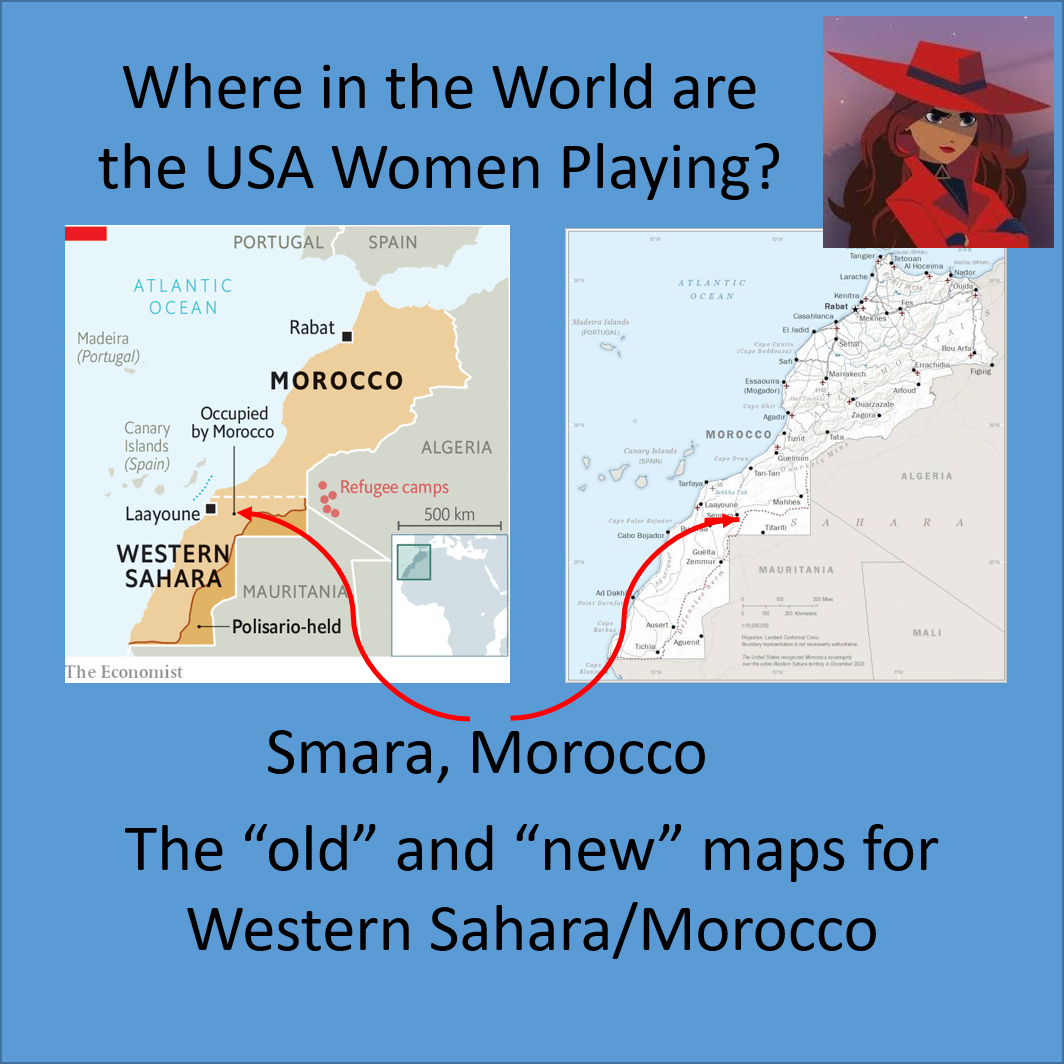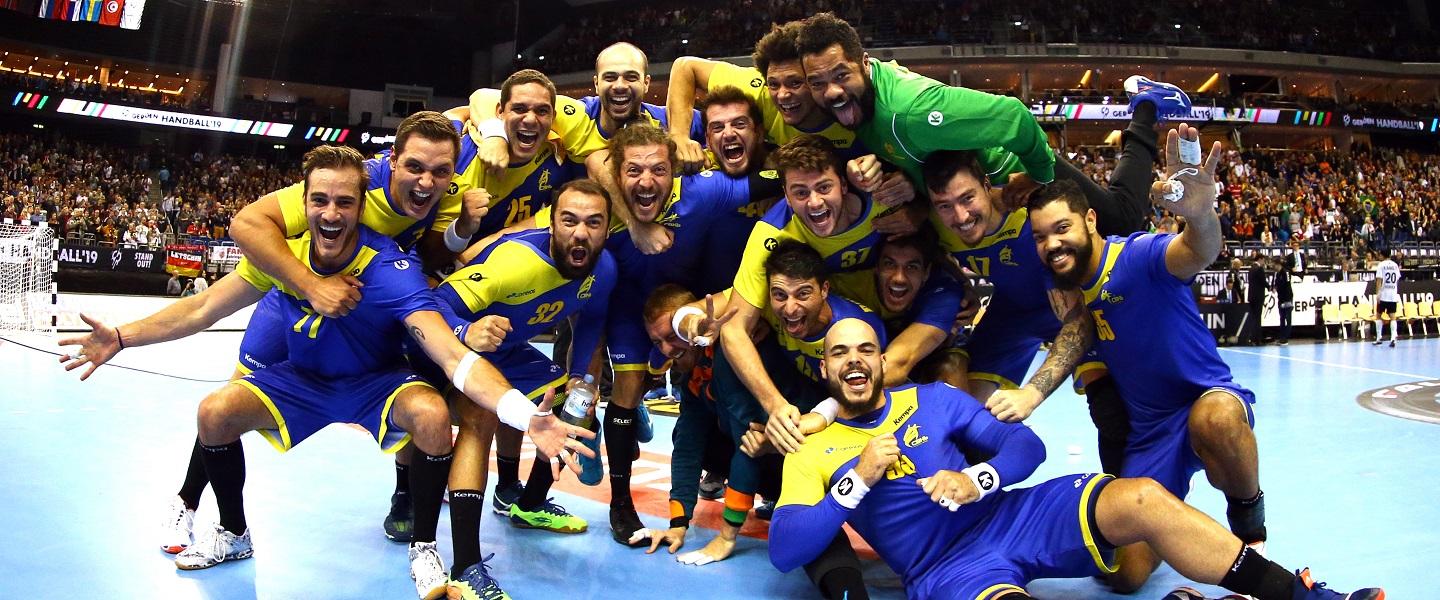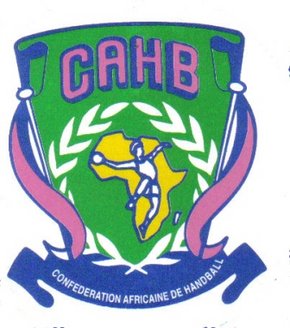Smara, Morocco might eclipse Nuuk, Greenland as the most Interesting location the U.S. has ever played handball.
The USA Sr Women are currently playing in the Green March Handball Tournament in Smara, Morocco for the next few days. And, since the United State changed it’s postion in 2020, I’ll go ahead and refer to Smara as part of Morocco instead of as the UN designated “non-self-governing territory” of Western Sahara.
The far southern portion of Morocco (Western Sahara) has a complicated and unique history. It was sometimes referred to as Africa’s last colony and I first became more aware of this unique situation when somewhat bizarrely I worked with someone who had been assigned to the UN Peacekeeping mission there in the early 1990s. I’m not sure how things work now, but back in the day the Air Force Personnel Center would put out bulletins seeking volunteers for Temporary Duty and my colleague signed up to spend 180 days in Western Sahara. His job mostly involved patrolling the sand berm area in dune buggies. Essentially the UN force was a buffer in between the Moroccans and the Polisario which doesn’t want to be governed by Morocco.
It’s a complicated history with the region once being a colony of Spain and then claimed by Morocco and Mauritania. The Green March for which the tournament is named refers to Morocco’s initial occupation of Western Sahara in 1975. For many years, the U.S. did not recognize Western Sahara as part of Morocco, but then in 2020 at the end of the first Trump administration the U.S. recognized it as integral part of Morocco in exchange for Morocco normalizing relations with Israel. For other nations, it’s still a sore spot. Algeria refused to play in the 2022 African Championships because one of the host cities was in Southern Morocco/Western Sahara. Because of this boycott the African Handball Federation moved the tournament Egypt and then to Egypt again in 2024 as a punishment to Algeria.
This history is mainly what makes Smara an interesting place, but it’s also far off the beaten path. I could be wrong, but the US Handball Women are probably be the first U.S. team of any sport to play in the Western Sahara portion of Morocco. (It might not even have been allowed prior to 2020.) This region is sparsley populated, although growing, as Morocco has encouraged settlement of the area. Smara is a town of just 57,000 people and is only 8 miles from the Berm, a 1,700 mile sand and stone wall which is the unofficial demarcation line separating Morocco from the Polisario. The town was also the site of a major battle between Morocco and the Polisario in 1979. I think that for the most part both sides stay in their respective area so it’s not like it’s a battle zone, but it sure is in the boonies.
For sure, it’s not a tourist destination. I would guess for every 1,000 tourists visiting Morocco only 10 make it to the Western Sahara and then only 1 of those 10 travels to Smara. Definitely way off the beaten path and that’s why I’m thinking it’s now the most interesting place USA Team Handball has ever travelled to.















